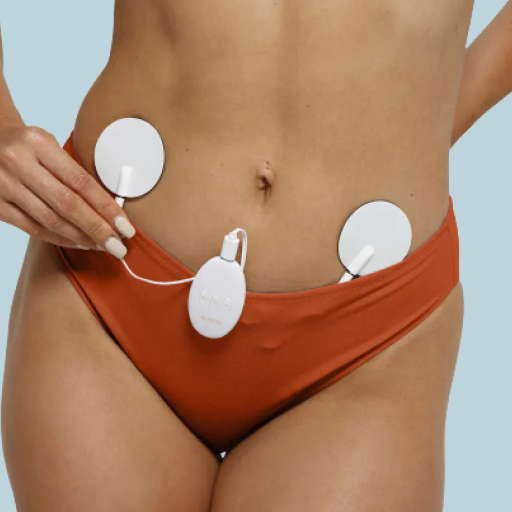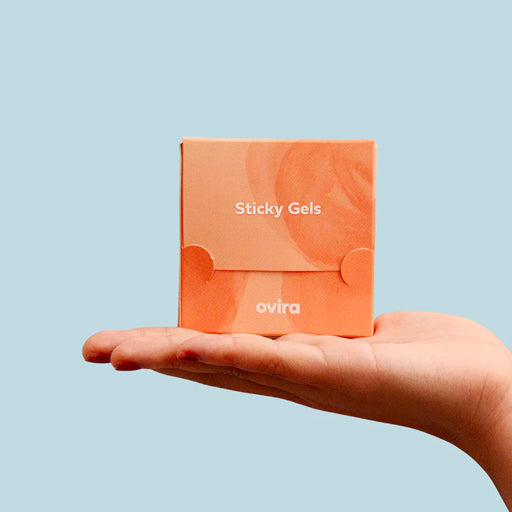Endometriosis Stories: Layla Riddle

I am 16 years old and I have endometriosis. While I try not to let my disease define who I am, I would most certainly be lying if I didn’t tell you it has changed my life, changed my goals and changed the way I view chronic illness.
I had a normal, happy, healthy childhood until I turned 12. I was waiting, like all my friends, for my period to start but it didn’t. We weren’t really concerned until I started having severe abdominal pain and as it got worse, my mum took me to the emergency department, concerned that I might have had appendicitis or a stomach bug.
Long story short, after four presentations to the emergency, one in an ambulance, I was told by doctors that I needed a mental health assessment and might need to be admitted to the Adolescent Mental Health Unit as the tests weren’t showing anything. I was told that it must be ‘all in my head.’ I tried counselling but the pain became so severe I couldn’t walk and I struggled getting out of bed every morning.
Thankfully, my parents knew something was really wrong and took me back to emergency for the fifth time. It was then, that I was seen by my first gynaecologist who did an ultrasound and discovered a tennis ball sized cyst on my ovary. I had emergency surgery within 24 hours. This started my journey into the world of periods, pain, doctors, hospital and endometriosis.
My body did give me a break, until I turned 14. It was almost out of the blue that my pain started again and after 28 days straight of unbearable pain that had me bedridden and vomiting, I was booked in for a laparoscopy and was diagnosed with endometriosis. While it was a relief to have a diagnosis, it was also confronting to be diagnosed with a chronic illness that has no cure.
Thankfully I have an amazing family who have supported and cared for me every step of the way but the constant cycle of pain, medication, doctors and missing out on life hasn’t been easy. I am currently trying to control the pain and bleeding with the contraceptive pill but it only helps to regulate my period and it certainly hasn’t stopped the incredibly painful cramps, headaches, nausea and any of the other symptoms. I've seen a naturopath, trialled a FODMAP diet, acupuncture, pelvic pain physiotherapy and am currently trying to decide if I can face trying the Mirena or the Depo-Provera injection. Like so many women, it seems every time I try a new treatment it just makes things worse. If there are side effects, I get them.
My gynaecologist recommended the Noha device about six months ago and it has been a life saver. Although it doesn’t completely take away the pain for me, it makes my period more bearable and does provide a welcome relief. I love my Noha so much that I have purchased two of them, to make sure one is always charged. I’ve also purchased a third device as a gift for a friend who is a university student and has endometriosis.
At this stage in my journey, I have also developed what doctors think may be Postural Orthostatic Tachycardia Syndrome (POTS). When I stand up my heart rate jumps to around 150-170 beats per minute and I have heart palpitations until I sit down again. I have also developed incredible leg pain which prevents me from walking too far and has me stuck in a wheelchair while I’m at school, shopping or doing any other activity that requires walking. After MRIs and a range of tests and scans, we still aren’t sure if this is related to endometriosis or if I’m just unlucky enough to have developed two chronic illnesses at the same time.
I am currently attempting to complete my HSC which is proving to be difficult as I miss so much school. However, with the help of my family, friends, doctors, and other medical professionals I will be able to get through it. I know wearing my Noha to school certainly helps me stay focused and I’m able to get through some of the days. Thank you so much to Alice and the Ovira Inner Circle Facebook group. Sharing my story and hearing experiences from others who also suffer from endometriosis has helped me realise I am not alone and that this disease will not beat me. I hope my story can inspire other women, especially young women, to never give up, that period pain isn’t normal, and that it’s not all in your head.


